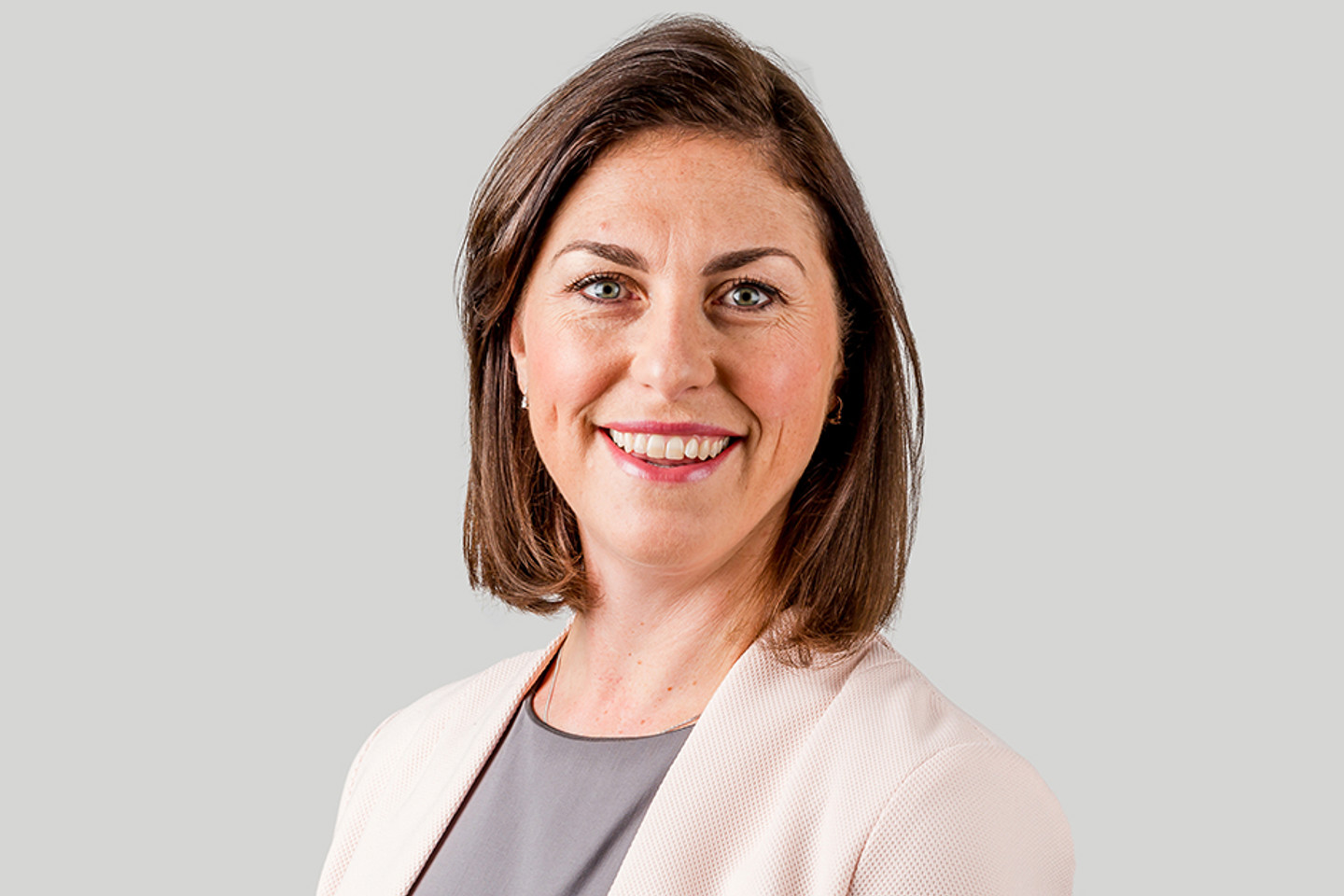
James Campbell
Partner | Legal
Jersey

James Campbell
Partner
Jersey
No Content Set
Exception:
Website.Models.ViewModels.Components.General.Banners.BannerComponentVm
This note provides a brief outline of the role of a protector a trust, as well as setting out who can be a protector and what powers a protector can have.
The protector of a trust is not a trustee, but a person who has some control over how a trustee exercises his powers. In other words, they are there as a watchdog, to ensure that the trustee exercises its administrative and dispositive powers properly, and that it gives proper weight to the relevant factors it should be taking into account.
The protector is usually appointed by the settlor, who will have set out in the trust document the areas which he wants the protector to oversee.
There is no statutory definition of the word ‘Protector’ in the laws of Jersey, Guernsey, the British Virgin Islands (BVI) or Cayman. The same position has sometimes been described as an ‘adviser’, ‘appointed person’, ‘appointor’, ‘supervisor’ or ‘guardian’. Nevertheless, ‘protector’ is the most common title.
Whichever term is chosen, the protector will be named in the trust document. Often this is by reference to a particular individual or company (for example, ‘Joe Bloggs’ or ‘ABC Limited’), but it is also possible to define the position by reference to an office that may be held by different people over time (for example, ‘the person appointed under clause X’ of the trust document).
There is no legal requirement to appoint a protector when creating a trust, and indeed many trusts do not have protectors. It is very much up to the settlor to decide whether or not he wishes to have one. Where the trust document does provide for a protector, however, the purpose of the role is to exercise various supervisory or protective powers in relation to the way the trustee administers the trust. For this reason some settlors will find the idea of having a protector attractive, because by doing so they can retain a certain amount of supervision over the trust.
It is common for the settlor to choose to have a protector where he has appointed an institutional trust company as trustee. For example, if the assets of the trust included shares in the family business, the settlor may well want to maintain some sort of personal connection to the trust’s administration, which could be achieved in this way.
The choice of who to appoint as protector is very wide. The settlor can reserve the power to himself or he can appoint a beneficiary or any other third party, such as a trusted friend or relative, to the position. In some cases the settlor might prefer to appoint a professional who would perhaps be more likely to act impartially in the event of a family dispute, whether among the beneficiaries or between the trustee and a beneficiary.
The only likely restriction is that the protector would not normally also be a trustee, as this would defeat the purpose of having a separate role, but there is no legal restriction on this.
Whoever he is, a person’s appointment as protector will normally give rise to a fiduciary relationship, meaning that he will owe a duty of care to the beneficiaries. Whenever the protector’s involvement is required, he must consider what course of action is in their best interests, and act accordingly. The protector is therefore subject to these duties and the courts have the right to remove any protector who is not complying with them.
Although the courts have not yet fully delineated the exact circumstances in which a protector can bring legal proceedings, it is generally accepted that he has standing to do so in any matter relating to the exercise of his powers under the trust or in any matter where his powers are relevant.
A protector's powers are primarily derived from the trust document itself (none of the laws of Jersey, Guernsey, the British Virgin Islands or Cayman have a statutory list that automatically provides them). Depending on the settlor’s views, the trust deed can confer a wide variety of powers or functions on the protector, which can be either positive (compelling the trustees to do something), or negative (prohibiting the trustees from doing something unless the protector consents).
Examples of positive powers include the appointment or removal of trustees, directing the trustee to act in a certain way, adding or removing beneficiaries and transferring the trust to a different jurisdiction. Negative powers typically involve requiring the protector’s consent before the trustee can do something, for example, transferring assets to beneficiaries and amending the class of beneficiaries or terms of the trust generally. Having said that, sometimes all the trustee has to do, in relation to the protector, is to inform him that it intends to take a particular action.
It is worth noting that it has been held that the role of a protector is not to ensure absolutely that the settlor’s wishes are carried out, but only that the trustees have due regard to them. In the Jersey case of the Matter of the A Trust [2012] JRC 169A the Court stated that ‘It can be no part of the function of a protector with limited powers of the kind conferred in this case to ensure that a settlor’s wishes are carried out any more than it is open to a settlor himself to insist on them being carried out. A trustee’s duty as regards a letter of wishes is no more than to have due regard to such matters without any obligation to follow them. And a protector’s duty can, correspondingly, be no higher than to do his best to see that trustees have due regard to the settlor’s wishes…’
In the case of In the matter of the Piedmont and Riviera Trusts [2021] JRC 248 the Royal Court in considering the role of the protector found that the "paramount duty of a protector is to act in good faith in the best interests of the beneficiaries" (i.e. to take a fiduciary role). Accordingly, a protector must “have regard to relevant considerations, ignore irrelevant considerations and make a decision which a reasonable protector could arrive at; but he must reach his own decision”. In addition, the Royal Court found that a protector may be entitled to veto a decision of a trustee, even if that decision could be said to have been a rational decision (i.e. one which a Court would approve).
If a protector was to have a limited role of review in respect of a trustee's decision then the protector's role would be the same as the Court's which would in effect render the protector's role almost redundant. The decision confirms that the Jersey position does not follow the so-called "narrow view" of the protector role described in the Supreme Court of Bermuda case of X Trusts [2021] SC (Bva) 72 Civ.

James Campbell
Partner | Legal
Jersey

James Campbell
Partner
Jersey

Josephine Howe
Partner | Legal
Jersey

Josephine Howe
Partner
Jersey
Ogier is a professional services firm with the knowledge and expertise to handle the most demanding and complex transactions and provide expert, efficient and cost-effective services to all our clients. We regularly win awards for the quality of our client service, our work and our people.
This client briefing has been prepared for clients and professional associates of Ogier. The information and expressions of opinion which it contains are not intended to be a comprehensive study or to provide legal advice and should not be treated as a substitute for specific advice concerning individual situations.
Regulatory information can be found under Legal Notice
Sign up to receive updates and newsletters from us.
Sign up
No Content Set
Exception:
Website.Models.ViewModels.Blocks.SiteBlocks.CookiePolicySiteBlockVm